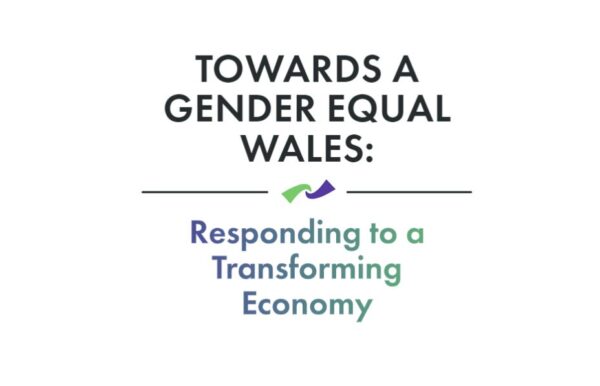Our economic world is transforming at an unprecedented rate.
In the face of major trends, such as digitisation and the need to transition to a green economy, we must ask ourselves what kind of economy we want in the future.
The transformation of our economy is having different impacts on women and other marginalised groups. Not only do the worst impacts of these trends disproportionately impact them, women and other marginalised groups are less likely to benefit from the opportunities created by this transformation.
As our economy, and our lives, become more reliant on technology, women face different risks of job losses and job changes brought about by automation while also being under-represented in the sectors that are likely to see growth in skilled, well-paid roles. Bias in digital technology and access to digital technology also pose significant risks to further entrenching inequality.
Women are also being impacted to a greater extent by the climate crisis and action to reduce emissions, while also being less likely to benefit from government investment and emerging jobs and training created as a result of net zero action.
Despite being most at risk from the transformative trends in our economy, too many key strategies and action plans that shape our response to both digitalisation and our transition to a green economy are gender-blind, showing little equalities analysis and therefore falling short in acknowledging existing inequalities and the impact of the policy on different groups.
Government and business must ensure that as we live through the next industrial revolution, we do not further entrench longstanding inequalities which continue to shape the lives of too many.
In this research, we set out a number of practical actions for government and employers can take to ensure a just transition to a green economy, while also responding to the challenges and opportunities of digitalisation.
Recommendations
- Welsh Government should implement the recommendations outlined in our Manifesto for a Gender Equal Wales, to address the root causes of gender inequality alongside the specific recommendations made in this report.
- Welsh Government should quicken the pace of implementation of the recommendations of the Gender Equality Review outlined in Deeds not Words, which provide a clear roadmap towards equalities mainstreaming.
